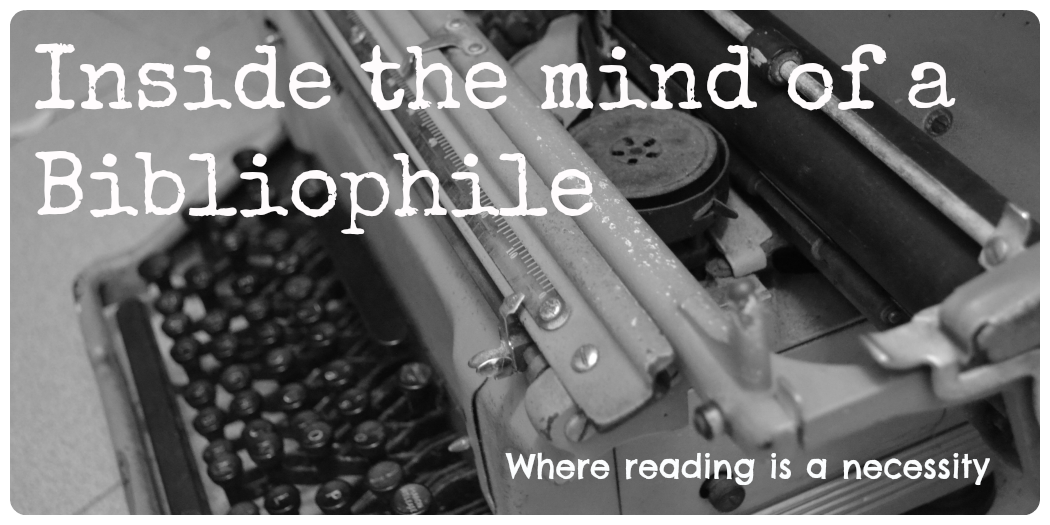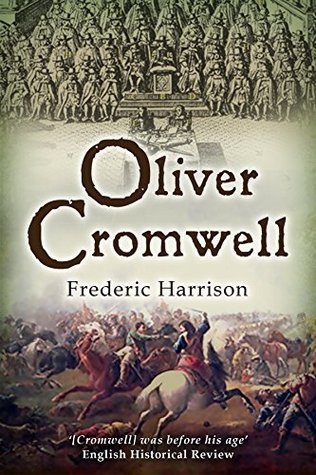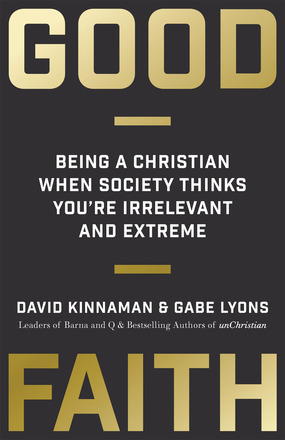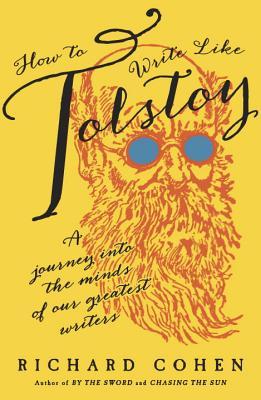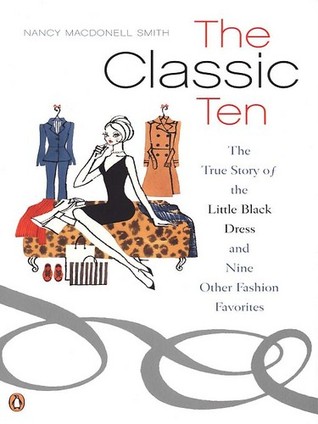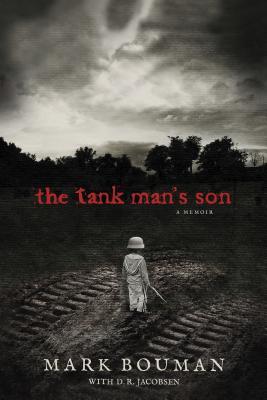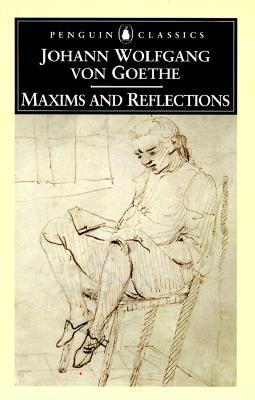Originals is on how originality comes about, and how you can increase your originality in practical ways. Adam Grant (he also wrote Give and Take, which I read earlier this year), sifts through many different studies for us to give us what is the most important info. While reading this, I made so many bookmarks that I'm just going to list them briefly here. After all, I have to return this book, so I want to make sure I can come back and look at it later.
Chapter 1: Creative Destructions starts with how the author missed a chance to invest in an original (and later hugely successful) business, and he looks at why he missed it. But first, who are originals? According to the book:
"Originality itself starts with creativity: generating a concept that is both novel and useful. But it doesn't stop there. Originals are people who take the initiative to make their visions a reality."Apparently, most originals are tempered risk takers. In other words, they know how to hedge their risks (which is why their businesses tend to succeed - they've thought of why they could fail, and take steps to avoid those results). Apparently, "the entrepreneurs whose companies topped Fast Company's recent most innovative lists typically stayed in their day jobs even after they launched."
In addition, once you temper the risk, aka have a balanced risk portfolio, you can actually take more risks. The book puts it better "having a sense of security in one realm gives us the freedom to be original in another". So it's extreme risks (like starting your own company) tempered with extreme caution (keeping your own day job). Of course, not everyone fits this mould, but it seems like a majority do.
Chapter 2 is on how to recognise original ideas. According to the book, "the biggest barrier to originality is not idea generation - it's idea selection". And this is probably why the most profiling people have the highest originality, and their best work is during their most prolific output (like Einstein). So if you want to be original, brainstorm like crazy.
And this does make sense, like, the writers who write the most unique stories tend to have more story ideas than they can write, and I guess having so many ideas lets them pick and choose the best to write (I'm still working on getting there).
Oh, and "broad and deep experience is critical for creativity", which is to say, specialise, but don't just stick to your speciality. Venturing outside your field can be a source of creative insight.
Chapter 3 is on how to communicate your ideas effectively. Basically, there are two things in a social hierarchy: power (what you can make people do) and status (how much people like and will listen to you). You need to build status if you want people to listen to you. If you lack status/are presenting to higher-ups, leading with the weak spots may disarm the listeners and help you persuade them instead.
Also, don't target agreeable people (who won't want to rock the boat). Target people who have a history of originality.
Chapter 4 is on how procrastination can help originality. But it's a specific type of procrastination: you have to be motivated to solve the problem. If you are, procrastinating allows the brain to mull over it for longer, plus take in more ideas from the outside world.
Chapter 5 is on coalition, and basically, you want an original to be a tempered radical. What you propose may be super against the norm, and to get the mainstream to accept it, you have to frame it in such a way that you can understand it. For example, the women's suffrage got a lot more support after they framed their argument differently - they pointed out that women who could vote could vote for legislation that concerned them (like the Temperance Movement).
Chapter 6 is on how siblings affect originality and yes, I am shortening things as I write 😂 But basically, this chapter is all "younger siblings tend to be risk takers", though it does say that birth order is more about how you raise kids (so it's not set in stone), and that this is still a controversial topic. I did read "The Birth Order Book" before (available in the MGS library), so the ideas here weren't completely new to me.
Chapter 7 is on company/group cultures and there are lots of points but my main takeaway is that groupthink hinders originality (duh), and that instead of just a devil's advocate, you need someone who really does think differently from the rest. Although in the short term, a strong culture does help a company grow better.
So uh, I guess it depends on which strategy you take? Or perhaps you can change tack halfway through.
The last chapter is on all those negative emotions. They introduced the concept of 'Defensive Pessimism', which I thought was interesting. Basically, "when self doubts creep in, defensive pessimists don't allow themselves to be crippled by fear. They deliberately imagine a disaster scenario to intensify their anxiety and convert it into motivation."
Oh, and if you're upset, venting doesn't actually help (or so the studies say).
The book ends with a list of actions that you can take to become more original, which I think is really useful (I actually want a copy of this). Apart from the summary, I don't really have much to say. The fact that I took copious notes shows that I was interested in this and thought it was useful, and the book is really easy to read.
I did skip quite a lot of stuff in this review/summary, so if what I said interests you, you should definitely check out the book to get more information. Singaporeans/NLB members, you can get it from the eBooks lending program.
Ok, next wish for the NLB: Grit by Angela Duckworth!
